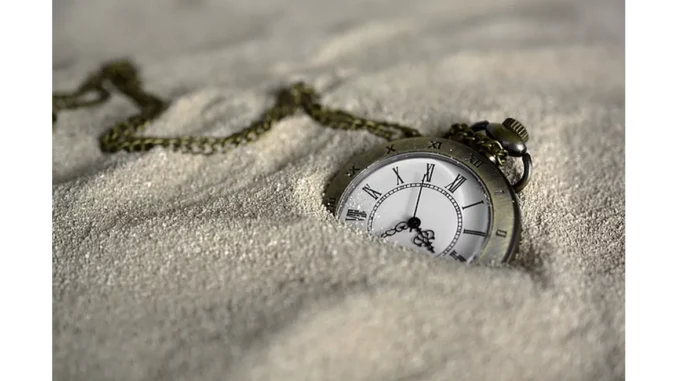
In the serene heart of Bordeaux, where the gentle rustle of vineyard leaves is the soundtrack to life, I sat down with an unassuming yet profoundly knowledgeable wine enthusiast, James Elwood. Over the course of a leisurely afternoon, we delved into a topic that has intrigued both seasoned connoisseurs and amateur wine lovers alike: how to judge whether a wine should be enjoyed now or stored for future delight.
James, a long-time observer of the wine world, opened our conversation with a statement that set the tone for our discussion: “To consider whether a wine should be kept or drunk now, you have to consider its vintage. It’s impossible to say anything definitive without knowing the age of the wine.”
As we settled into our chairs, surrounded by the comforting aroma of fermented grapes, James explained that the vintage of a wine is more than just a number on a label; it’s a narrative of the year’s climate, the vineyard’s condition, and the winemaker’s artistry. “Each vintage tells its own story,” he mused, “and understanding that story is crucial to making an informed decision about drinking or storing your wine.”
James pointed out that wine enthusiasts often make the mistake of assuming that older wines are always better. He leaned back, taking a thoughtful sip from his glass, and continued, “It’s a common misconception. While many wines do improve with age, not all are meant to. Some wines are crafted to be enjoyed young, capturing the vibrant, fresh qualities of the grape.”
Our conversation turned to the factors that influence a wine’s ageing potential. James elaborated on the significance of grape variety, tannin levels, acidity, and the winemaking process itself. “High tannin and acidity are indicators of a wine that might benefit from ageing,” he explained, “but it’s essential to consider how these elements interact with each specific vintage.”
He recounted a personal anecdote about a bottle of Bordeaux he had been gifted. “It was a 2009,” he recalled with a smile, “a truly exceptional year. I remember thinking it was far too soon to open it. The tannins were still tight, the flavours not yet fully developed. I decided to wait, and when I finally opened it years later, it was like a symphony in a glass.”
James’s eyes twinkled with the joy of a well-timed decision, highlighting the patience required to allow a wine to reach its peak. Yet, he also acknowledged the risk involved. “There’s always an element of unpredictability. Sometimes, a wine can go past its prime if you wait too long. It’s about finding that sweet spot.”
We discussed the importance of proper storage conditions. “Even the most age-worthy wine won’t survive poor storage,” James warned. “Temperature, humidity, and light exposure all play crucial roles in preserving a wine’s integrity. It’s not just about putting a bottle away and forgetting about it.”
He advised wine lovers to invest in a good wine fridge or a dedicated cellar space, especially for wines they intend to age. “It doesn’t have to be extravagant,” he reassured, “but maintaining consistent conditions is vital.”
As the afternoon wore on, James shared his thoughts on the joy of opening a bottle at its perfect moment. “There’s something magical about it,” he reflected. “When you hit that sweet spot, the wine sings. It’s a reward for the patience and care you’ve invested.”
He encouraged wine enthusiasts to engage with their wine collections actively. “Taste your wines throughout their lifecycle,” he suggested. “It’s a learning experience, and it helps you develop an intuition for when a wine is ready.”
Before our conversation drew to a close, I asked James for a parting piece of advice for those standing before their wine racks, pondering the fate of their bottles. He paused, considering his words carefully, then offered a gentle smile and said, “Trust your palate. Wine is a personal journey. Don’t be afraid to make mistakes; that’s how you learn. And remember, the best wine is the one you enjoy, whether it’s today or ten years from now.”
As I left the vineyard that day, I carried with me not just the knowledge James had imparted but a renewed appreciation for the art of wine. His insights had illuminated the intricate dance of time and taste, reminding me that wine, like life, is best approached with curiosity and an open heart.
Fabrice Fèvre


Be the first to comment